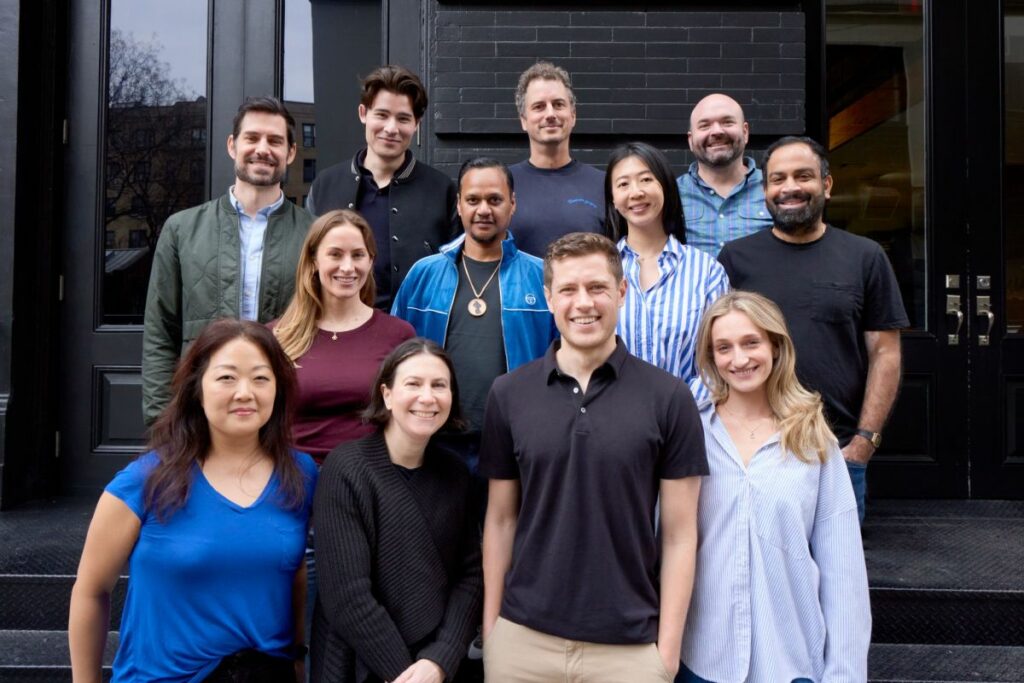Healthcare is proving to be one of the more lucrative industries for building AI solutions to speed up clinical, research and administrative operations. Now, we have one of the latest examples of how that is playing out in terms of venture funding. Qventus, a startup that builds AI-based tools to automate work across a range of healthcare scenarios — they include surgeries, hospital discharges, and inpatient/outpatient check-ups — has raised a Series D of $105 million.
The funding, which includes $85 million in equity and $20 million in optional debt, will be used to develop more “AI teammates” to use across a wider set of use cases beyond the in-patient applications that helped Qventus make its name, the company said.
“Debt is available as we go forward if we want to put the pedal to the metal,” said CEO and co-founder Mudit Garg in an interview. “To be candid, we needed neither equity nor debt but it was an opportunity.”
KKR is leading the round, with previous backer Bessemer Venture Partners also participating. The round also has a number of prominent strategic investors who are also customers of Qventus: Northwestern Medicine, HonorHealth, and Allina Health. The company’s valuation is not being disclosed, but we understand from sources that it is more than $400 million.
Significantly, the fundraise underscores the interest that AI healthcare is attracting at the moment among investors. In the last few days, Cera in the U.K. raised $150 million in financing; Hippocratic got $141 million; and Innovaccer has roped in $275 million.
It also points to Qventus’s own progress. This latest Series D is bigger than all of the startup’s previous rounds put together — PitchBook notes that Qventus had raised around $95 million before this round. Its last valuation, in 2022, was around $200 million.
Garg said that Qventus has grown its customer base four-fold since then, working out to net retention of 120%, and its core business has seen three-fold growth. It is not revealing revenue or any other specific numbers, but Garg noted that the company is “very close to breaking even.” That detail has become more important in recent years as startups look for more sustainable business models given that the IPO window remains relatively small while investors look for returns.
AI scribes and other kinds of AI assistants have now become relatively commonplace in the healthcare market, so much so some AI healthcare companies might even work to distance themselves from that description to differentiate themselves.
“We are not an AI scribe company,” Garg said. “We do have the capacity to listen, but AI scribe is a relatively commoditised space and we focus on an area of operations where there is a huge pain point.”
Garg has a background in engineering and an MBA, both from Stanford, and he first came into contact with the potential of using automation to help in healthcare while working on a hospital project at McKinsey. Qventus itself has been around for more than 12 years, getting its start initially by applying machine learning and other kinds of automation technologies to make clinicians and other medical professionals more efficient. It later expanded into more areas of development such as pharmacy operations.
More recently, the developments in generative AI have pushed the company closer to building solutions that are more responsive to what clinicians are working on in real time.
“If you think of where care teams are doing in ‘below license tasks,’” he said, referring to admin work that is part and parcel of clinical work these days, “machine learning has already been in this space for 12 years.” Generative AI, he said, has helped bring more unstructured data into the mix to improve how AI tools can be used to help clinicians carry out more of that admin work, “emailing and faxing far beyond [what an AI scribe can do] to take the burden off the user.”
We’re likely to see more activity in the AI healthcare space in the coming year, both in terms of fundraises for promising companies, as well as M&A to consolidate the field.
“Qventus is at the intersection of themes that KKR has spent extensive time evaluating across both our Technology and Health Care teams,” Jake Heller, a partner and head tech growth, Americas, at KKR, told TechCrunch.
“The company is at a key growth moment, especially during this time where health systems are adopting technology more and more to drive efficiency. The company’s technology meaningfully alleviates care orchestration and administrative burdens for physicians and medical staff, which allows providers to focus on delivering the best care to patients.”


